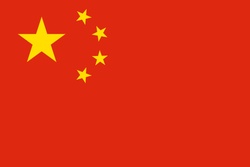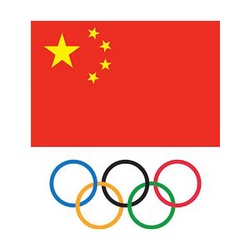The peoples republic of China meaning middle kingdom is one of the largest countries in the world geographically and the largest in terms of population, accounting for almost 20% of the world’s total population.
Due to occupying such a large area the climate throughout the republic is incredibly varied. To the west of the country lie the Himalayas and the tallest point on earth, Mount Everest. To the south there are extensive alluvium plains and to the north there are plentiful areas of grassland.
A major issue facing the area is the continued expansion of desert. The Gobi Desert in particular creates massive issues with violent sandstorms.
Its main exports are manufactured goods, including textiles, garments, electronics and arms. The people’s republic of china is an emerging superpower.















